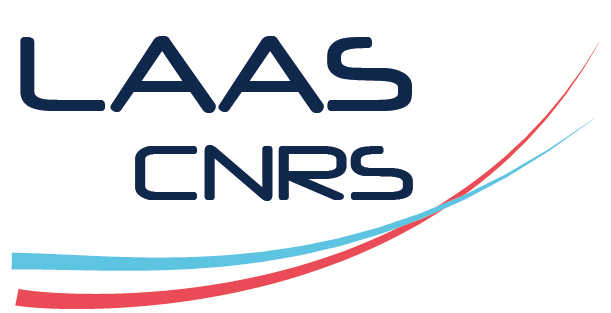Leveraging the Christoffel function for outlier detection in data streams
Résumé
Outlier detection holds significant importance in the realm of data mining, particularly with the growing pervasiveness of data acquisition methods. The ability to identify outliers in data streams is essential for maintaining data quality and detecting faults. However, dealing with data streams presents challenges due to the non-stationary nature of distributions and the ever-increasing data volume. While numerous methods have been proposed to tackle this challenge, a common drawback is the lack of straightforward parameterization in many of them. This article introduces two novel methods: DyCF and DyCG. DyCF leverages the Christoffel function from the theory of approximation and orthogonal polynomials. Conversely, DyCG capitalizes on the growth properties of the Christoffel function, eliminating the need for tuning parameters. Both approaches are firmly rooted in a well- defined algebraic framework, meeting crucial demands for data stream processing, with a specific focus on addressing low-dimensional aspects and maintaining data history without memory cost. A comprehensive comparison between DyCF, DyCG, and state-of-the-art methods is presented, using both synthetic and real industrial data streams. The results show that DyCF outperforms fine-tuning methods, offering superior performance in terms of execution time and memory usage. DyCG performs less well, but has the considerable advantage of requiring no tuning at all.

